Interference of the Tobacco Industry: Yesterday, Today, and Tomorrow.
For a long time, the tobacco industry has been interfering in tobacco control policies at the local, regional, and global level by means of varied tactics. These aggressive tactics try to undermine the public health efforts including the WHO FCTC and include, as described by WHO, maneuvering to hijack the political and legislative process; exaggerating the economic importance of the industry; manipulating public opinion to gain the appearance of respectability; fabricating support through front groups; discrediting proven science; and intimidating governments with litigation or the threat of litigation.
Several of these tactics have been used again in La Graciosa, a small island in the Canary Islands (Spain), that was declared as a “smoke-free island” in a campaign sponsored by Philip Morris International. The case of this small island of 11 square miles and with 700 inhabitants has prompted this webinar, aimed at reviewing how the tobacco industry continues to be a threat to public health. An international panel of experts will provide a perspective of tobacco industry interference, review what happened in La Graciosa, the reaction of the tobacco control movement and the implications for local and global tobacco control.
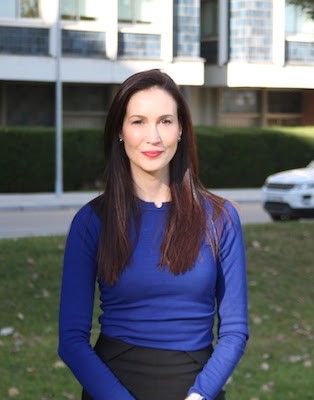
Cristina Martínez
Deputy Director, Institut Català d’Oncologia | Adjunta a la Unitat de Control del Tabac | WHO Collaborating Center for Tobacco Control
Dr. Cristina Martínez is a Senior researcher in tobacco control and implementation science. Her main areas of research include the evaluation of tobacco control policies in healthcare services, by assessing the impact of smoke-free policies and evaluating the effectiveness of smoking cessation and training programs. She is currently developing and testing the effectiveness of tobacco cessation training programs addressed to Health Science Students in Europe, designing innovative interventions and tools to study tobacco use among vulnerable populations (mentally ill and with substance abuse disorders) and, evaluating new approaches to promote smoke-free environments in private settings (home).
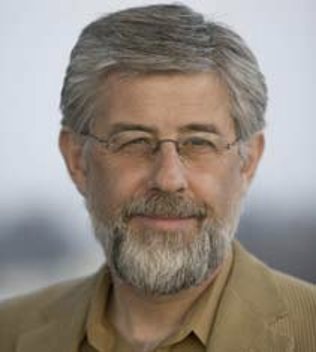
Armando Peruga
Member, UCT-ICO & Former TFI Director
Armando Peruga is a medical doctor and a doctor in Public Health. He began to work with the Pan American Health Organization/World Health Organization in 1990. He was the program manager for TFI/WHO until January of 2016. He is now an associate researcher at the Biomedical Research Institute of Bellvitge (IDIBELL) in Barcelona and a professor at the Center for Epidemiology and Health Policy of the University del Desarrollo in Chile.

Stella Bialous
Professor, UCSF Center for tobacco control research and education & WHO CC
Stella Aguinaga Bialous is a Professor at the Social & Behavioral Sciences Department at the School of Nursing, University of California San Francisco (UCSF). She is also an affiliated faculty of UCSF’s Center for Tobacco Control Research and Education and Global Cancer Program. A native of Brazil, where she started her career in tobacco control, she has 30 years of experience in tobacco control. She has worked with WHO and the WHO FCTC Secretariat in providing support to countries in preventing tobacco industry interference with health policy and implementing Article 5.3 of the FCTC.
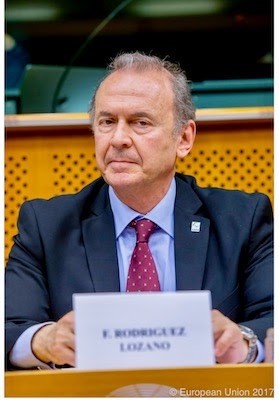
Francisco Rodríguez Lozano
President, European Network for Smoking and Tobacco Prevention (ENSP)
Francisco Rodríguez Lozano, Medical Doctor, specialist in Stomatology, Master’s degree in Tobacco Cessation (Magister on Tobacco Control and Nicotine Dependence Management), currently president of the ENSP (European Network for Smoking and Tobacco Prevention), former president of CNPT (Spanish National Committee for the Prevention of Smoking), professor of the master’s degree in smoking at the University of Cantabria
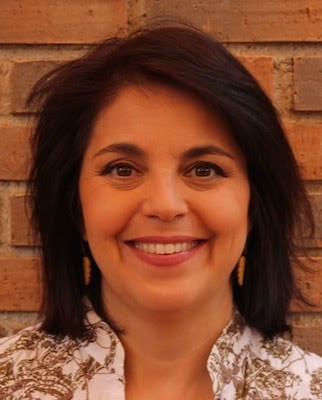
Raquel Fernández
Director, Nofumadores.org, non-smokers NGO
Raquel Fernández Megina has a degree in Journalism and is the president of Nofumadores.org. Since 2006, she has led a group of volunteer activists concerned about passive smoking who, with very few resources, have made a decisive contribution to holding the big tobacco companies and legislators, who are not willing to promote or enforce anti-smoking laws in Spain, responsible for the smoking problem that the country has. Nofumadores.org has become, over the years, a main civil association in defense of passive smoking in Spain, despite its limited resources. Today it continues to work and commit to advance the agenda of a future free of tobacco and nicotine, in addition to achieving the first tobacco-free generation, using the ENDGAME 2030 declaration as its main roadmap.
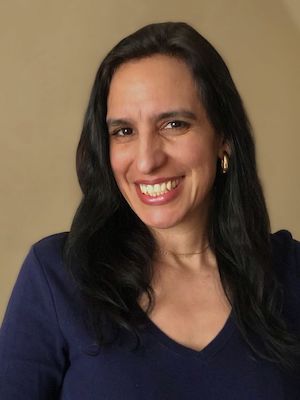
Laura Salgado
Global Campaign Coordinator @The Global Center for Good Governance in Tobacco Control (GGTC)
Laura was the first recipient of the Judy Wilkenfeld Annual Award (2008) for her leadership in tobacco control in Latin America and around the world. Since 2003, she’s been actively working with advocates and policymakers to advance the Framework Convention on Tobacco Control (FCTC). In 2004, Laura worked for the Framework Convention Alliance (FCA) for 13 years coordinating advocacy campaigns and training programs. Here, she also coordinated the logistics, regional advocacy, and capacity building-programs for the Conference of the Parties (COP). In 2017, Laura managed and coordinated multisectoral networks at the Pan American Health Organization (PAHO) to address noncommunicable diseases.
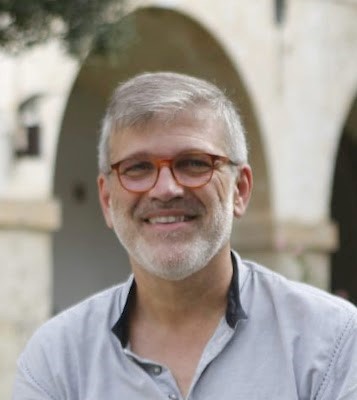
Esteve Fernández
UCT-ICO and Director WHO CC
Esteve Fernández (MD, MPH, PhD) is the Director of the Department of Cancer Epidemiology and Prevention and Head of the Tobacco Control Unit (that received the 2021 World No-Tobacco Day Award from WHO) at the Catalan Institute of Oncology, a WHO Collaborating Center for Tobacco Control. Dr. Fernández is Professor of Epidemiology and Public Health at the University of Barcelona. He has worked in tobacco control during the last two decades, has participated in more than 30 research projects and published near 400 papers





No Comment